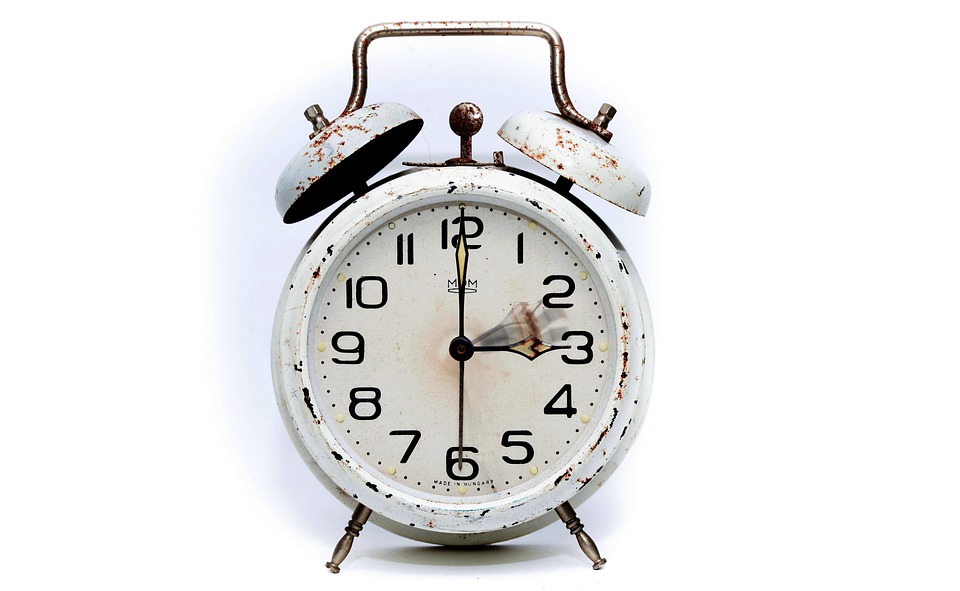Time tracking software tools are essential for anyone looking to maximize productivity and manage their time effectively. In a world filled with distractions, these tools can be your best ally, helping you reclaim control over your day. Whether you’re a freelancer juggling multiple clients, a small business owner, or part of a large team, understanding how to track your time can lead to deeper insights, improved efficiency, and ultimately, greater success.
Contents
Why Time Tracking Matters
Tracking your time isn’t just about logging hours; it’s about understanding where your time goes. Have you ever felt overwhelmed by your tasks? Or wondered why you’re not getting enough done? Time tracking reveals patterns and highlights areas for improvement. It’s a game changer, equipping you with the data needed to make informed decisions.
When you utilize time tracking software, you’ll discover how to allocate your resources wisely, ensuring that you spend time on what truly matters. This isn’t just about productivity; it’s about reclaiming your life from the chaos of endless tasks.
The 7 Time Tracking Software Tools You Can’t Live Without
Let’s dive into the seven time tracking software tools that can transform your workflow and elevate your productivity.
1. Toggl Track
Toggl Track is a favorite among many professionals, and for good reason. Its user-friendly interface allows you to track time effortlessly. Here’s why you’ll love it:
- Simple Start/Stop Timer: Get started right away; no complicated setup required.
- Detailed Reporting: See where your time goes with insights that help you adjust your focus.
- Integrations: Seamlessly connects with tools you already use, like Asana and Trello.
What sets Toggl apart is its commitment to simplicity. You’ll be amazed at how easy it is to fall into good time management habits.
2. Harvest
Harvest is not just a time tracker; it’s a complete invoicing and expense management tool. Here’s what makes it stand out:
- Invoicing Feature: Create professional invoices based on your tracked time.
- Team Collaboration: Easily track time for teams, making it perfect for agencies.
- Visual Reports: View time spent on projects in a visually appealing format.
If you’re serious about managing your business finances alongside your time, Harvest is a must-have.
3. Clockify
Clockify is a free time tracking tool that doesn’t skimp on features. Here’s what you’ll appreciate:
- Unlimited Users: Perfect for teams of any size.
- Detailed Reports: Analyze productivity trends over time.
- Pomodoro Timer: Boost your focus with built-in techniques to manage your work sessions.
With Clockify, you can track everything from billable hours to personal projects without breaking the bank.
4. RescueTime
RescueTime takes a more analytical approach to time tracking. Instead of manual input, it runs in the background to log your activities. Here’s what you’ll love:
- Automatic Tracking: No need to remember to start and stop; it tracks everything automatically.
- Focus Alerts: Get reminders when you spend too much time on distractions.
- Goal Setting: Define your productivity goals and receive regular reports.
This tool is perfect for self-reflective individuals who want to understand their habits deeply.
5. Trello with Time Tracking Power-Up
Trello is famous for its project management capabilities, but combining it with time tracking features elevates its usefulness. Here’s how:
- Visual Boards: Organize tasks visually while tracking time.
- Power-Ups: Use time tracking integrations like Harvest or Toggl directly within Trello.
- Team Collaboration: Coordinate with your team while managing time effectively.
If you love the visual aspect of project management, this combination will keep you organized and aware of time spent on tasks.
6. Hubstaff
Hubstaff is designed for teams and remote workers, offering robust time tracking features. Here’s what you’ll find appealing:
- GPS Tracking: Ideal for field teams, tracking where and how long you work.
- Screenshots: Monitor productivity with optional screenshot features.
- Payroll Integration: Automatically calculate payroll based on tracked hours.
For teams that require accountability and detailed tracking, Hubstaff is a critical tool.
7. Everhour
Everhour integrates seamlessly with tools like Asana, Basecamp, and Trello. Here’s what makes it stand out:
- Budget Tracking: Keep an eye on project budgets alongside time tracking.
- Custom Reports: Create reports tailored to your specific needs.
- Task Management: Manage tasks and time in one place.
Everhour is for those who want a holistic view of their projects while keeping an eye on time spent.
How to Choose the Right Tool for You
With these powerful tools at your fingertips, how do you decide which one fits your needs? Consider the following:
- Your Work Style: Do you need simplicity for solo projects, or do you require robust features for team collaboration?
- Budget: Some tools are free, while others offer premium features for a fee. Determine what works for your budget.
- Integration Needs: If you’re already using project management tools, make sure your time tracker integrates seamlessly.
Experimenting with a few can help you discover which aligns best with your workflow.
Tips for Effective Time Tracking
To get the most out of your time tracking software, keep these tips in mind:
- Be Consistent: Track your time every day, not just when it’s convenient.
- Review Regularly: Set aside time weekly to analyze your reports and adjust your focus.
- Set Goals: Define what you want to achieve with your time tracking—be it productivity, financial gains, or personal growth.
- Stay Honest: Log your time accurately; honesty will yield the best insights.
The Benefits of Time Tracking
Investing time in tracking your activities can offer numerous benefits:
- Increased Productivity: Understand where you can optimize your time.
- Better Work-Life Balance: Identify tasks that consume your time and adjust accordingly.
- Enhanced Accountability: Keep yourself accountable for how your time is spent.
- Improved Budgeting: For freelancers and businesses, tracking billable hours leads to better financial management.
Bottom Line
Time tracking software tools are not just luxuries; they’re necessities in mastering your time. These seven tools—Toggl Track, Harvest, Clockify, RescueTime, Trello with Time Tracking Power-Up, Hubstaff, and Everhour—offer unique benefits that can transform your daily routine. By embracing any of these tools, you’ll gain insights that empower you to take control of your productivity, making every minute count.
So, what are you waiting for? Choose one of these tools, start tracking your time, and watch as your productivity soars!
FAQ
1. Do I need to pay for time tracking software?
While some tools offer free versions, premium features may require payment. Evaluate your needs to find the best fit.
2. Can I use multiple time tracking tools?
Yes! Many users find that combining tools helps them get the best results tailored to their specific needs.
3. How often should I track my time?
Track your time daily for the most accurate insights into your habits and productivity.
Whether you’re a seasoned professional or just starting, time tracking can be a transformative practice. Embrace it, and elevate your productivity today!








